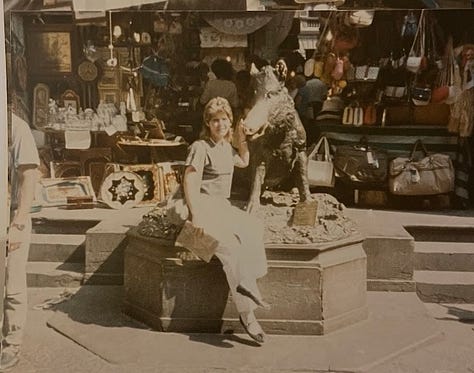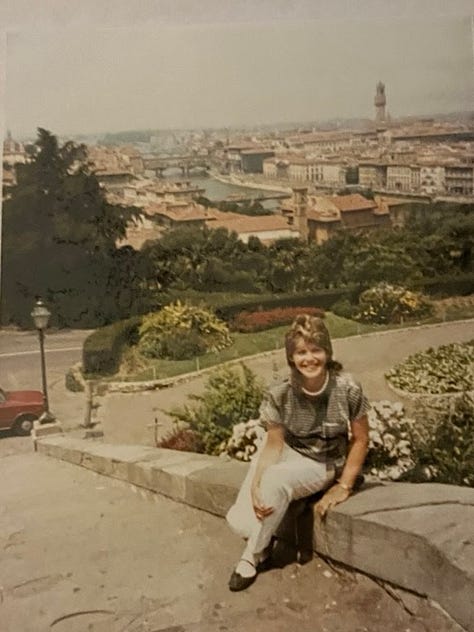Scents of self, part two
enfleurage throughout history
*We will host ecology of luxury workshop again in May 2026, for more details email vino@enotecamarilu.com.*
I have pieced together a loose retelling of history based on my deep dive into perfumery, specifically enfleurage. This is my point of view, based on historic records and other documents that I consulted to trace the conditions that gave rise to enfleurage as a practice. I must emphasize that my point of view is largely from a Western perspective and there are so many other stories to be told about perfume.
If we want to understand enfleurage there are some key figures, historical events and thought processes that we need to examine.
We must meet in Florence to begin this timeline.



Arriving in Florence, it is impossible to miss the Basilicata of Santa Maria Novella. The central train station is named, Santa Maria Novella, in homage to the Basilicata— it is one of the first things you see walking out of the station.
If you pay attention, you start to notice the whole neighborhood in front of the station was once the religious grounds for a Dominican order of friars. The convent of Santa Maria Novella was established for the friars in the 1200s. The convent had a large garden like most convents and monasteries during the Middle Ages. The friars were able to use the herbs and flowers growing in the monastic gardens to create their own apothecary.
The Santa Maria Novella apothecary grew in its repertoire and fame until it was eventually opened to the public in the 1500s. Then, Catherine De’Medici enters the conversation.
Catherine de’Medici was a Renaissance woman, literally.

